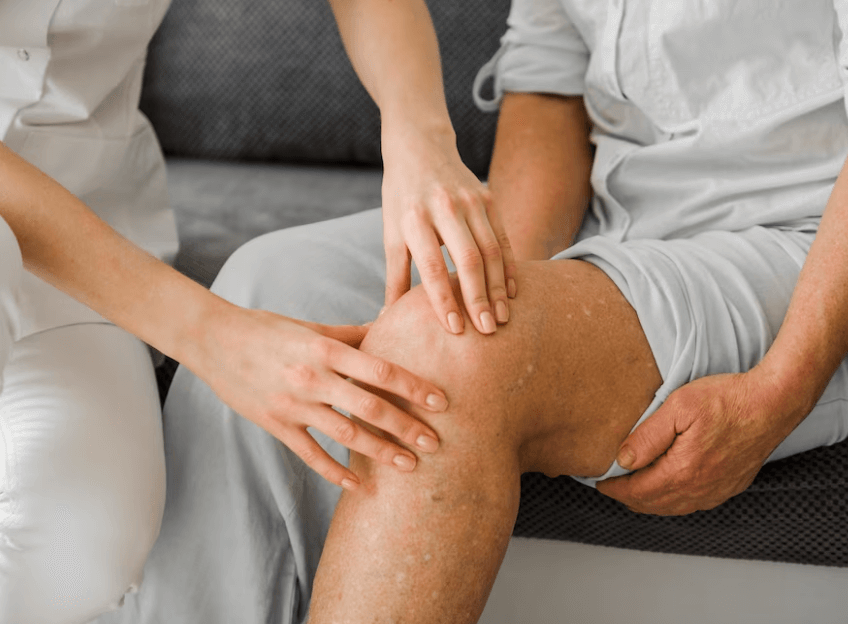As individuals enter middle age, they often experience a variety of health concerns, including knee pain. This article aims to explore some common causes of knee pain that affect individuals in this stage of life. Understanding these causes can help middle-aged individuals identify the source of their discomfort and seek appropriate medical attention.
Osteoarthritis
Osteoarthritis is the most prevalent cause of knee pain in middle-aged individuals. It is a degenerative joint disease characterised by the breakdown of cartilage in the knee joint. The wearing down of cartilage leads to friction between the bones, resulting in pain, stiffness, and reduced mobility. Factors such as genetics, previous injuries, obesity, and overuse can contribute to the development of osteoarthritis.
Meniscal Tears
Middle-aged individuals are more susceptible to meniscal tears, which occur when the cartilage between the knee joint’s bones is torn. Such tears can be caused by sudden twisting or pivoting movements, commonly associated with sports or physical activities. Symptoms may include pain, swelling, a popping sensation, and difficulty in fully extending or flexing the knee. Treatment options range from conservative measures such as rest, ice, and physical therapy, to surgical intervention in severe cases.
Tendinitis
Tendinitis, the inflammation of tendons, is another prevalent cause of knee pain in middle-aged individuals. Overuse, repetitive movements, and incorrect posture during physical activities can strain the tendons surrounding the knee joint, leading to pain and tenderness. Common types of tendinitis affecting the knee include patellar tendinitis (Jumper’s knee) and iliotibial band syndrome (ITBS). Treatment usually involves rest, ice, physical therapy, and the use of anti-inflammatory medications.
Bursitis
Bursitis occurs when the small fluid-filled sacs (bursae) that cushion the knee joint become inflamed. Middle-aged individuals may develop prepatellar or infrapatellar bursitis, commonly known as “housemaid’s knee” or “clergyman’s knee,” respectively. These conditions are often caused by prolonged kneeling or repetitive stress on the knee joint. Symptoms include pain, swelling, and tenderness around the affected bursa. Treatment typically involves rest, ice, compression, and the use of anti-inflammatory medications.
Knee pain in middle-aged individuals can significantly impact their quality of life. Understanding the common causes of knee pain, such as osteoarthritis, meniscal tears, tendinitis, and bursitis, is essential for proper diagnosis and treatment. If you experience persistent knee pain, it is advisable to consult an orthopaedic knee surgeon in Ahmedabad who can evaluate your condition and recommend appropriate management strategies, allowing you to maintain an active and pain-free lifestyle.


